Introduction
In the ever-evolving landscape of the gaming industry, successful distribution and sales strategies are paramount for the success of video games. With the rise of digital platforms, indie developers, and a global audience, understanding the intricacies of how to distribute and sell video games has become more critical than ever. This comprehensive guide will delve into the various aspects of game distribution and sales, providing actionable insights for developers and publishers.
Understanding the Video Game Market
Before diving into distribution and sales strategies, it’s crucial to comprehend the current state of the video game market. The gaming industry has experienced exponential growth, driven by advancements in technology, diverse gaming platforms, and an expanding global audience. Recognizing your target audience, analyzing market trends, and staying informed about industry dynamics are fundamental steps in formulating an effective distribution and sales strategy.
Developing a Strong Marketing Plan
Creating a compelling marketing plan is integral to the success of any video game. Begin by identifying your unique selling proposition (USP) – what sets your game apart from others? Utilize a mix of online and offline marketing channels, including social media, content marketing, influencer partnerships, and traditional advertising, to generate buzz and attract potential players.
Choosing the Right Distribution Channels
a) Digital Platforms: With the growing preference for digital downloads, distributing games on popular platforms like Steam, Epic Games Store, PlayStation Store, Xbox Live, and Nintendo eShop is crucial. Each platform has its unique audience, so understanding the demographics and preferences of these platforms can help tailor your distribution approach.
b) Physical Distribution: While digital distribution dominates, physical copies still have their place, especially for console games. Partnering with retail stores or utilizing services like Limited Run Games for niche physical releases can broaden your market reach.
Building an Online Presence
Establishing a strong online presence is essential for connecting with your audience. Develop an engaging website with detailed information about your game, including trailers, gameplay footage, and developer insights. Leverage social media platforms to interact with your community, share updates, and create anticipation around your game.
Implementing Effective Monetization Strategies
a) Pricing: Carefully set the pricing for your game, considering factors like production costs, market demand, and competitor pricing. Offering limited-time discounts or bundling options can incentivize purchases.
b) In-Game Purchases and Microtransactions: If applicable, incorporate in-game purchases or microtransactions strategically, ensuring they enhance the player experience without compromising gameplay integrity. Transparency and fairness are key to maintaining player trust.
Leveraging Influencers and Reviews
Collaborating with influencers for gameplay reviews and coverage can significantly impact your game’s visibility. Ensure that influencers align with your target audience and that their reviews are authentic. Positive reviews and endorsements from reputable sources can instill confidence in potential buyers.
Post-Launch Support and Community Engagement
Continued support post-launch is crucial for maintaining player interest and satisfaction. Regular updates, bug fixes, and new content additions can contribute to positive word-of-mouth and long-term success. Foster a sense of community by actively engaging with your player base through forums, social media, and live events.

Top Online Education Platforms for Learning About Marketing and Selling Video Games
Online education courses platforms offer a wealth of resources for individuals looking to master the art of marketing and selling video games. Whether you’re interested in strategic planning, creative marketing techniques, or technical skills, these platforms provide courses tailored to your needs. By leveraging the insights and strategies offered by these platforms, developers and marketers can unlock the full potential of their video game sales and marketing efforts, ultimately driving success in the competitive gaming industry.
Udemy
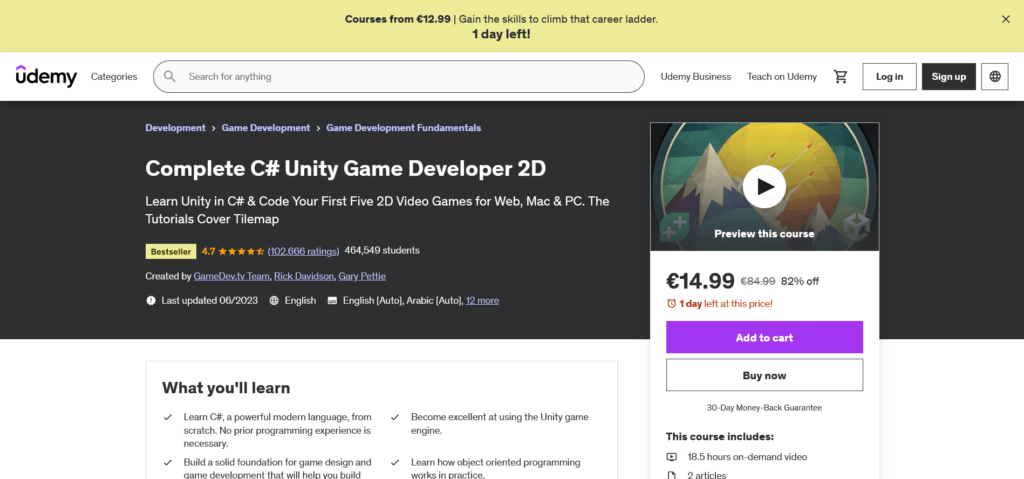
Udemy stands out as a versatile platform offering a plethora of courses on video game marketing and sales. With expert instructors and engaging content, Udemy provides learners with practical insights into crafting effective marketing strategies tailored to the gaming industry. Whether you’re a novice or a seasoned marketer, Udemy offers courses suitable for all skill levels.
Coursera
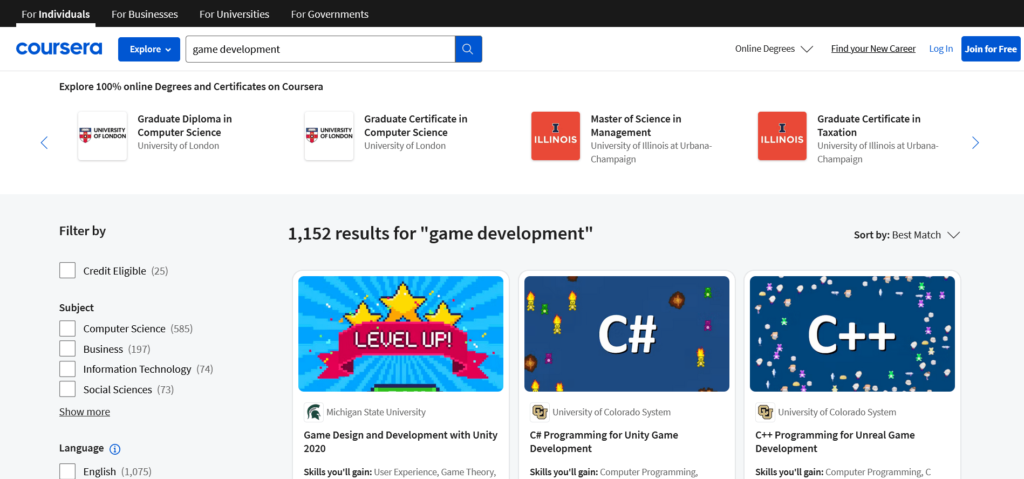
Coursera partners with leading universities and industry experts to deliver comprehensive courses on game sales and promotion. Learners can access a wide range of topics, including market analysis, digital advertising, and community engagement. With interactive assignments and peer-reviewed projects, Coursera ensures a hands-on learning experience conducive to skill development.
LinkedIn Learning
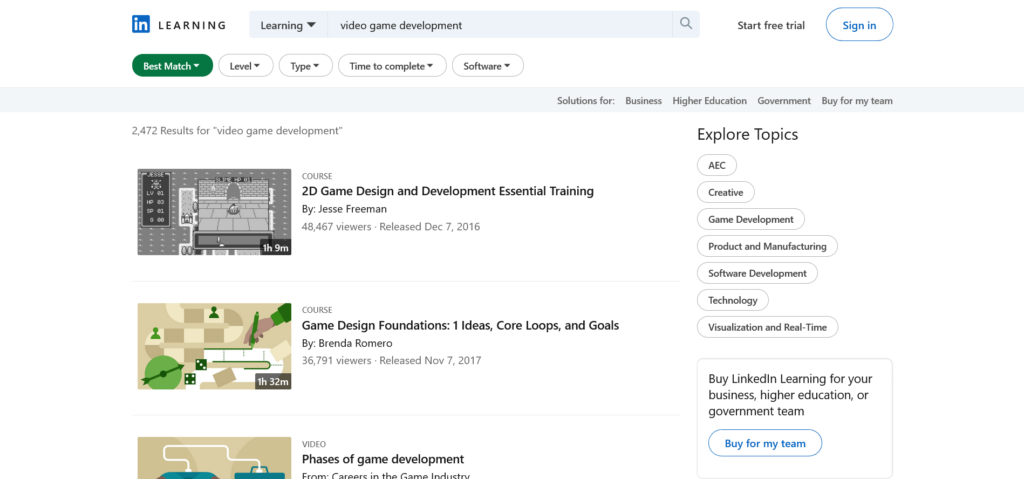
LinkedIn Learning, formerly known as Lynda.com, offers courses designed for professionals seeking to enhance their game marketing and sales skills. With a focus on practical applications and industry insights, LinkedIn Learning equips learners with the knowledge and strategies needed to succeed in the competitive gaming market. Additionally, learners benefit from networking opportunities within the LinkedIn platform.
Skillshare
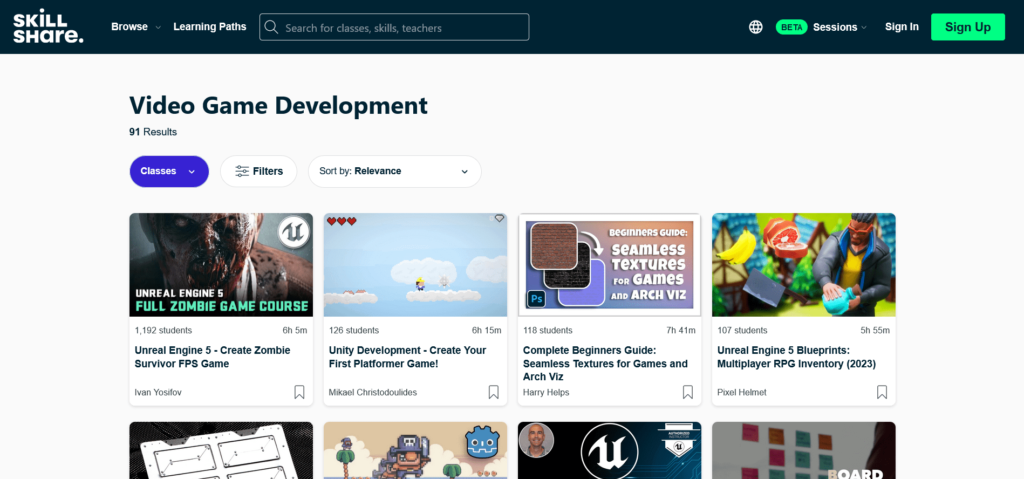
Skillshare is renowned for its project-based learning approach, making it an ideal platform for game developers looking to apply creative marketing techniques. With courses covering topics such as branding, influencer partnerships, and social media marketing, Skillshare empowers learners to implement innovative strategies to promote and sell their video games effectively.
Pluralsight
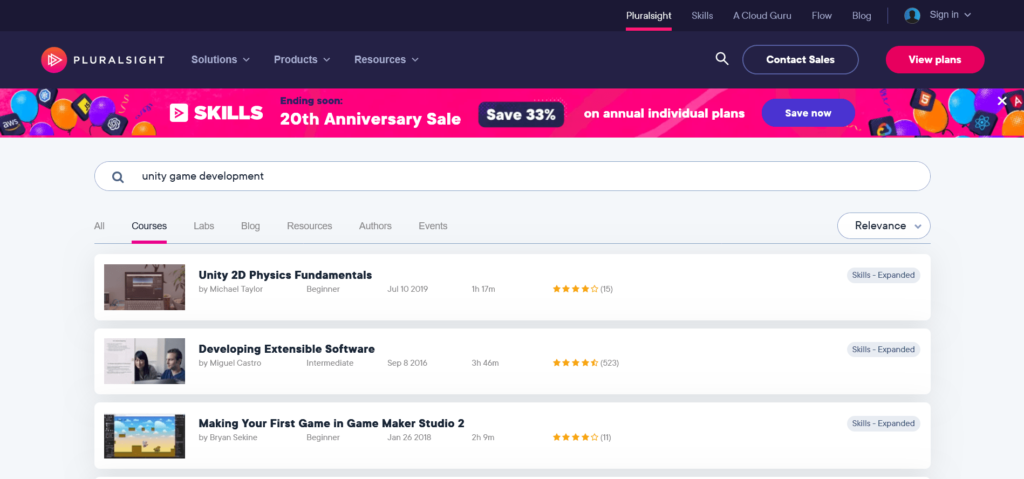
Pluralsight caters to developers seeking advanced insights into game sales and distribution. With courses focusing on data analytics, pricing strategies, and platform optimization, Pluralsight equips learners with the skills required to navigate the complexities of the gaming market. Additionally, Pluralsight offers assessments and real-world projects to reinforce learning outcomes.
edX
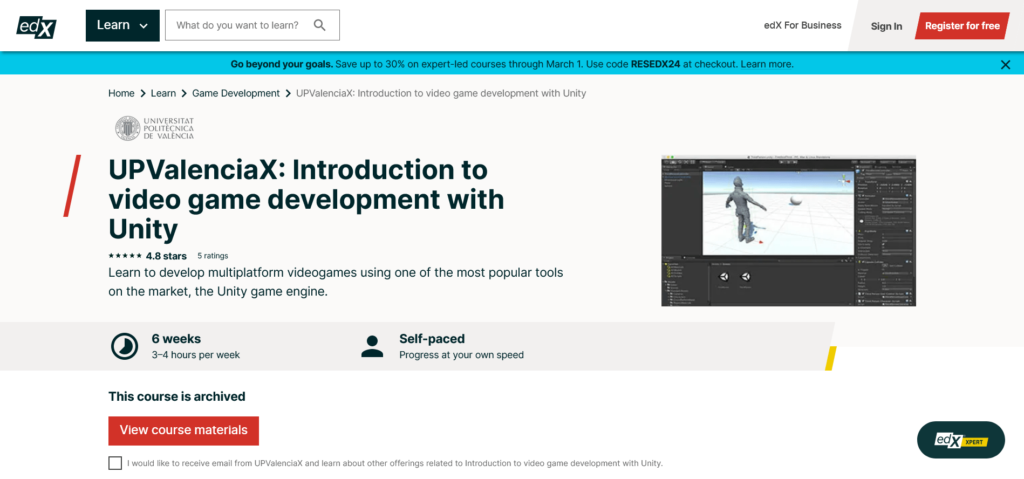
edX collaborates with prestigious universities to offer courses on market analysis and monetization strategies for game developers. Learners gain a deep understanding of market trends, player behavior, and revenue models, enabling them to make informed decisions when marketing and selling their video games. Additionally, edX provides access to interactive learning resources and discussion forums.
The Top 10 Most Searched Questions and Answers About Distributing and Selling Video Games
- How to Start Selling Video Games Online?
Starting to sell video games online involves several steps. Begin by creating an engaging website or partnering with established digital platforms like Steam, Epic Games Store, or console-specific stores. Implement effective marketing strategies, utilize social media, and consider digital storefronts that align with your target audience.
- What Are the Best Digital Platforms for Game Distribution?
The best digital platforms for game distribution vary based on the target audience and game type. Popular choices include Steam, Epic Games Store, PlayStation Store, Xbox Live, and Nintendo eShop. Research each platform’s user base, revenue models, and submission processes to make informed decisions.
- How to Market and Promote a Video Game Effectively?
Effectively marketing a video game involves creating a comprehensive strategy. Utilize social media platforms, content marketing, influencer collaborations, and traditional advertising. Develop an engaging website, share visually appealing trailers, and interact with the gaming community through forums and live events.
- What Are the Key Strategies for Pricing Video Games?
Pricing video games requires careful consideration of production costs, market demand, and competitor pricing. Experiment with limited-time discounts, bundle options, and tiered pricing models. Regularly assess and adjust prices based on player feedback and market trends.
- Is Physical Distribution Still Relevant for Video Games?
While digital distribution dominates, physical copies remain relevant, especially for console games. Partner with retail stores or leverage services like Limited Run Games for niche physical releases. Consider collector’s editions and exclusive physical content to attract collectors.
- How to Collaborate with Influencers for Game Promotion?
Collaborating with influencers can significantly boost game visibility. Identify influencers aligned with your target audience and provide them with early access to the game. Authentic reviews and gameplay coverage from influencers can generate excitement and credibility.
- What Monetization Strategies Work Best for Video Games?
Effective monetization strategies include well-thought-out pricing, in-game purchases, and microtransactions. Strike a balance between generating revenue and maintaining a positive player experience. Transparency and fairness in monetization contribute to player trust and satisfaction.
- How to Handle Post-Launch Support for Video Games?
Post-launch support is crucial for maintaining player interest. Provide regular updates, address bugs promptly, and consider adding new content to keep players engaged. Actively participate in community forums and social media to gather feedback and show dedication to your player base.
- What Role Does Community Engagement Play in Game Sales?
Community engagement is integral to building a loyal player base. Foster a sense of community through forums, social media groups, and live events. Respond to player feedback, address concerns, and celebrate achievements together to strengthen the connection between developers and players.
- What Are the Emerging Trends in Video Game Distribution?
Stay informed about emerging trends in video game distribution, such as blockchain-based gaming, cloud gaming services, and subscription models. Adapt to these trends to stay competitive and meet evolving player expectations.
Navigating the world of video game distribution and sales requires a combination of strategic planning, market awareness, and continuous adaptation to industry trends. By addressing these frequently asked questions, developers and publishers can enhance their understanding and unlock the potential for success in the dynamic gaming landscape.
Conclusion
Successfully distributing and selling video games requires a multi-faceted approach that encompasses market research, strategic marketing, effective distribution channels, and ongoing community engagement. By implementing these strategies, developers and publishers can position their games for success in the dynamic and competitive gaming industry of 2024.














